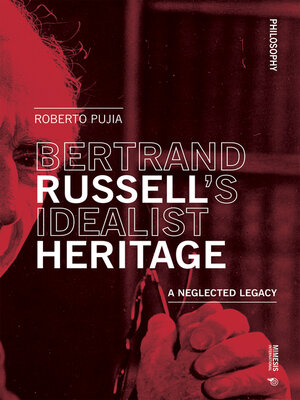
Sign up to save your library
With an OverDrive account, you can save your favorite libraries for at-a-glance information about availability. Find out more about OverDrive accounts.
Find this title in Libby, the library reading app by OverDrive.



Search for a digital library with this title
Title found at these libraries:
| Library Name | Distance |
|---|---|
| Loading... |
Bertrand Russell's research on logic is believed, alongside Wittgenstein's and Moore's works, to have fuelled the linguistic turn that characterized much of twentieth-century philosophy. This process originated in the refutation of British idealism and monism, providing a new interpretation of empiricism. But while his debt to traditional British empiricism has been the subject of study (including by Russell himself) and extensively investigated, the assumption that the British neo-idealist legacy was merely a polemical target of Russell and Moore's realist pluralism has hindered a proper assessment of its influence – which, on the contrary, proves to be of theoretical significance. This essay attempts a documentary reconstruction – in part relying on the Bertrand Russell Archives – to better understand Russell's relationship with the thought of F. H. Bradley and, indirectly but consequently, with the English idealist tradition.







